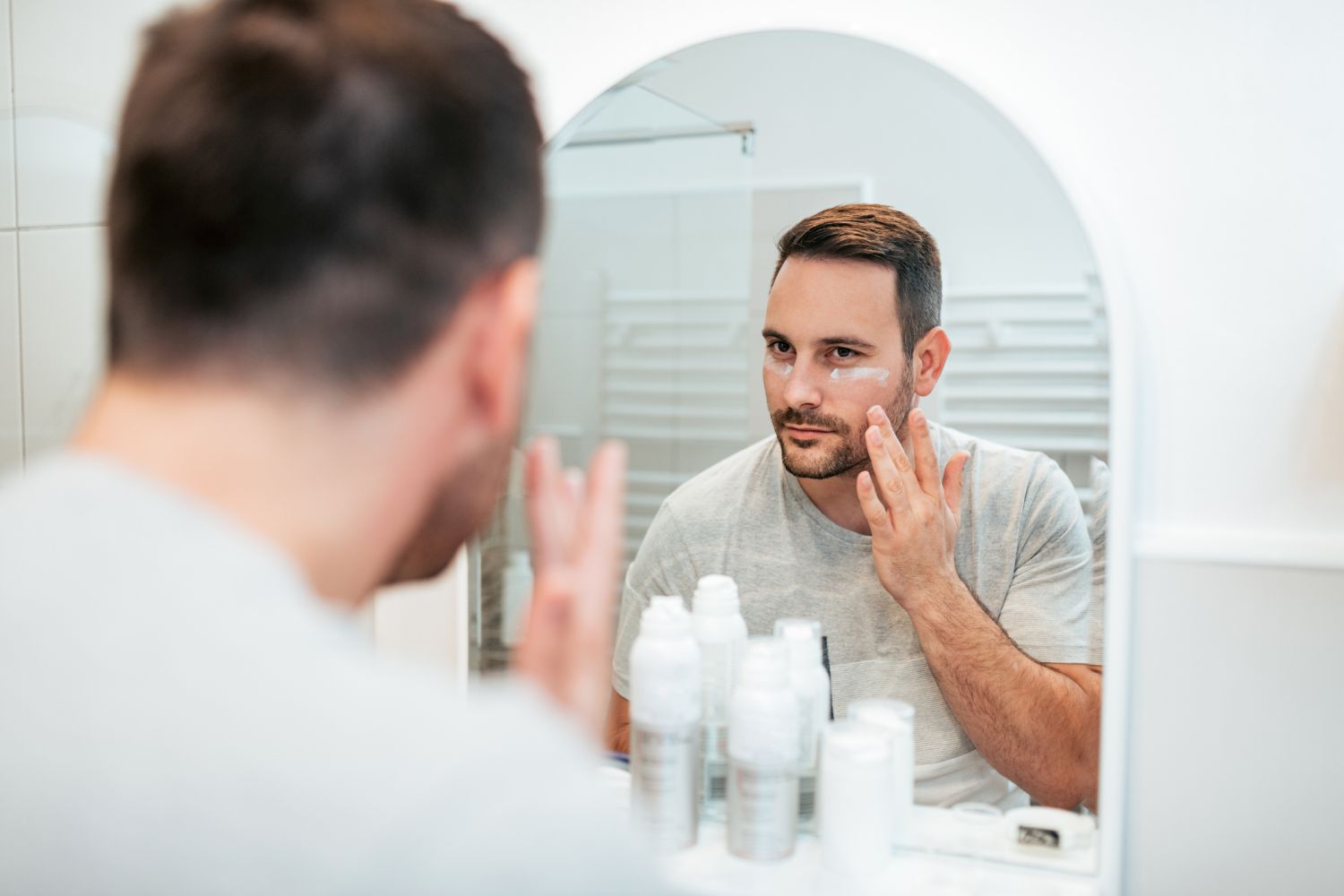In South Africa, the cosmetics sector is expanding at a rate of more than 15% annually, with skincare leading the way.
Skincare has broken out of the beauty aisle and into the mainstream, with men now just as invested as women, turning what was once a female-focused ritual into a booming, billion-dollar industry.
The skincare business is expected to double in the next decade, making it one of the fastest-growing segments in the global beauty industry.
In South Africa, the cosmetics sector is expanding at a rate of more than 15% annually, with skincare leading the way.
What drives the interest in skincare?
According to a report titled “The Cosmetics Industry in South Africa”, released in September 2024, the industry’s growth rate is attributed to evolving consumer behaviour, increasing digital engagement and rising disposable income.
Genasha Naidoo, Managing Director at Beiersdorf, said with consumers prioritising long-term results, ingredient transparency and science-backed efficacy, skincare has become one of the most resilient and future-focused corners of the beauty landscape.
“For business leaders and investors, this points to more than just consumer preference. It signals a moment of strategic opportunity.
“Skincare is a category with depth, longevity and the ability to meet diverse consumer needs while supporting sustainable growth. But what’s driving that growth, and how can brands harness it?”
ALSO READ: Look younger in just two hours — no surgery, no creams required!
Consumers investing in skincare
She added that many sectors in the country have faced economic uncertainty; however, the beauty industry is resilient, as people still prioritise their appearance.
To support this, she refers to a 2023 study titled “The beauty boom and beyond: Can the industry maintain its growth?”. It showed that skincare accounts for 44% of the global beauty market, growing 6% year-on-year.
“Consumers are investing in skincare in new ways, driven by a desire for preventative, sustainable and effective care.”
This resilience is driven by the category’s emotional relevance and functional promise. As skincare becomes more aligned with wellness, consumers are viewing products as long-term investments rather than short-term fixes.
This makes the category more insulated from macroeconomic shifts and more valuable as a brand-building and revenue-driving space.
More men using skincare products
A surge in men using skincare products could also be behind the industry’s resilience.
Data from Mintel shows an increasing number of men are using skincare products. The company specialises in what consumers want and why. It attributed this shift to increased education and social media influence.
According to a report released in July 2024, skincare products are popular among Gen Zs in the United States (US).
“Facial skincare is especially popular among men between the ages of 18-27, with 68% using facial skincare, compared to 42% in 2022, showcasing a significant opportunity for brands to focus on these increasingly engaged demographics,” reads the report.
Carson Kitzmiller, Senior Analyst at Mintel, said their research indicates a growing market for male skincare products, as younger men are increasingly willing to invest in higher-end products.
Their data show that 42% of men between the ages of 18 and 34 buy premium facial moisturisers over mass-market brands. While 46% of their respondents said the key factor when buying products is the use of clean ingredients.
Industry’s worth to double in a decade
Naidoo said skincare lies in its ability to command higher price points. Customers are no longer buying the products, but performance.
“This growing demand for advanced formulations, dermatologist-backed routines and high-efficacy ingredients is pushing the premium skincare market to new heights.”
Research has shown that the global personalised skin care products market size is calculated at $30.63 billion in 2024, grew to $33.09 billion in 2025, and is projected to reach around $66.37 billion by 2034.
“Importantly, this shift is not driven by branding alone. It reflects the influence of a more informed and more discerning consumer.
“As skincare knowledge deepens, the ‘educated consumer’ is not just influencing buying behaviour but also fuelling innovation,” she added.
ALSO READ: Glow up this February: Expert shares must-have skincare products
AI and skincare
Naidoo said the demand for personalisation is no longer limited to luxury; it has become a mass-market expectation.
From customised serums to AI-led diagnostics, skincare is evolving into a highly tailored experience, and this shift is translating into real revenue.
“Take brands offering AI skin assessments: these tools generate product recommendations based on real-time skin data, creating a more relevant and repeatable experience. For businesses, this unlocks stronger lifetime value, higher average order value and improved retention.”
The ability to serve smaller, more specific needs creates room for niche brands to scale. As consumers seek products that cater to their unique skin types, tones, and concerns, being hyper-specific is no longer a limitation; it is a growth strategy.
“The beauty industry is evolving, and skincare is emerging as a key growth opportunity. With rising demand, premium potential, digital innovation and strong values alignment, it offers brands both profitability and purpose.”
NOW READ: Must try beauty trend: Get the latest glass-skin look
